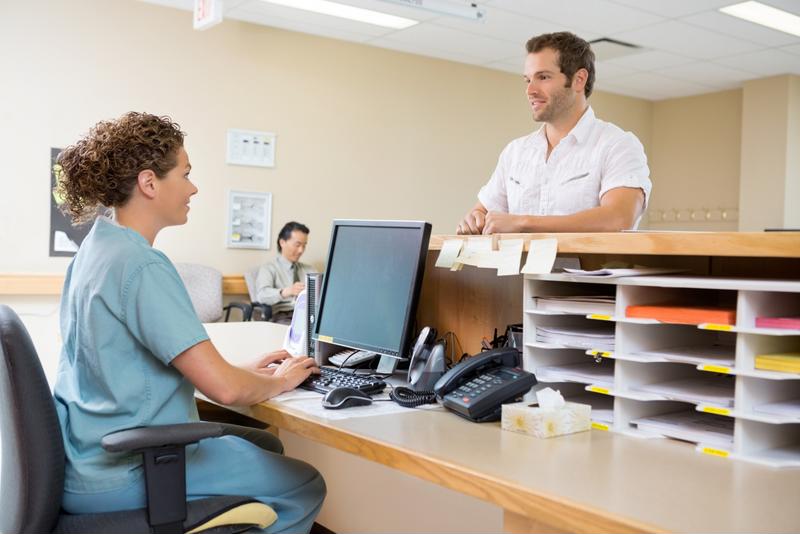Technology has been a transformative force for the health care industry, bringing new innovations at a rapid pace and dramatically increasing the quality of care patients receive. Increased access to the Internet and mobile devices has also had a democratizing effect on medicine and health care in general, helping patients to be more involved in their care. Because of this, telemedicine and telemedicine devices are becoming increasingly popular with patients in rural areas or for those that have only minor injuries and don’t need to go to a hospital for treatment.
Realizing the demand for such services, Walgreens has announced an initiative to deliver telemedicine services to half of the country by December 2015, allowing customers to see doctors for minor ailments via an online portal they can access from a mobile device. The portal is an expansion of the smartphone application the company created last year and it is expected to be available in 25 states within the next six months.
The nation's largest drugstore chain isn't the only company getting into the telemedicine business, either. Major insurers Anthem and UnitedHealth Group recently announced they would be expanding their non-emergency telemedicine services to an additional 40 million customers by 2016.
 Doctors are increasingly seeing patients over the Internet.
Doctors are increasingly seeing patients over the Internet.Telemedicine paves the way for more digital health care services
With telemedicine being embraced by a variety of major companies, the practice is likely to grow dramatically in the near future, creating a need for reliable digital health care services. One such solution is fax-over-IP. Health care organizations still widely utilize faxing to securely send documents to patients and doctors. According to a physician's survey conducted in 2012, more than 60 percent of doctors still use fax as a primary form of communication. However, traditional fax machines have become bulky and outdated. In order to continue receiving the reliability and security of fax while also accessing the speed and mobility of the cloud, many hospitals and doctor's offices have started to implement FoIP services.
"More than 60% of doctors still use fax as a primary form of communication."
FoIP solutions use the Internet to send messages instead of a landline, making document transfers quicker, easier and more secure.
"We have hospitals using it today that have multiple facilities and whether they're faxing from an EMR, a fax machine or some type of enterprise faxing application, those faxes and those documents are being securely transmitted with end-to-end encryption," said etherFAX Chief Executive Officer Paul Banco.
FoIP services from FaxCore and etherFAX provide health care organizations with a reliable, secure and convenient way to send sensitive medical records, allowing them to fully enter the 21st century.
Enhance enterprise communication, collaboration and compliance efforts with a proven FoIP solution from FaxCore. Contact FaxCore today to learn more about their 'Partly-Cloudy' fax solutions.




